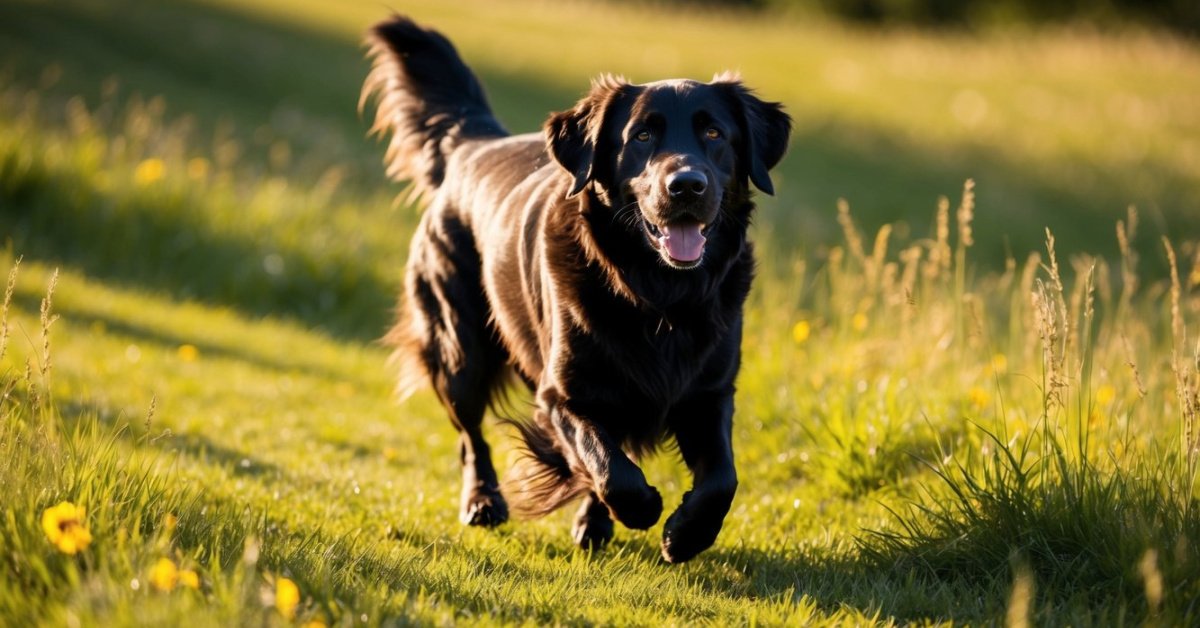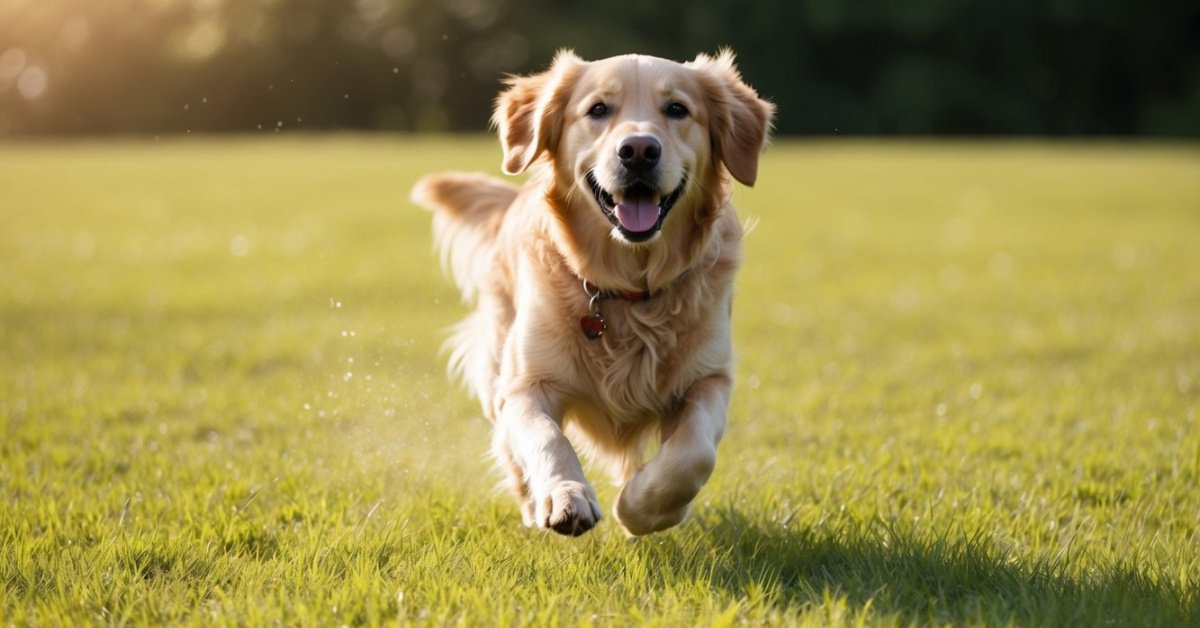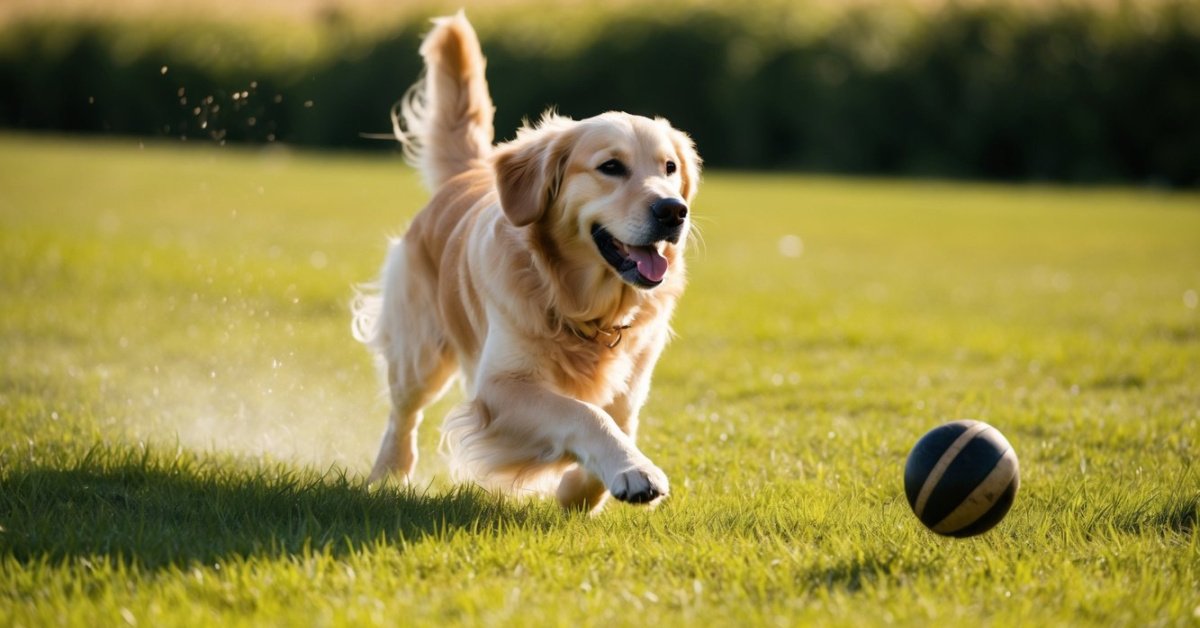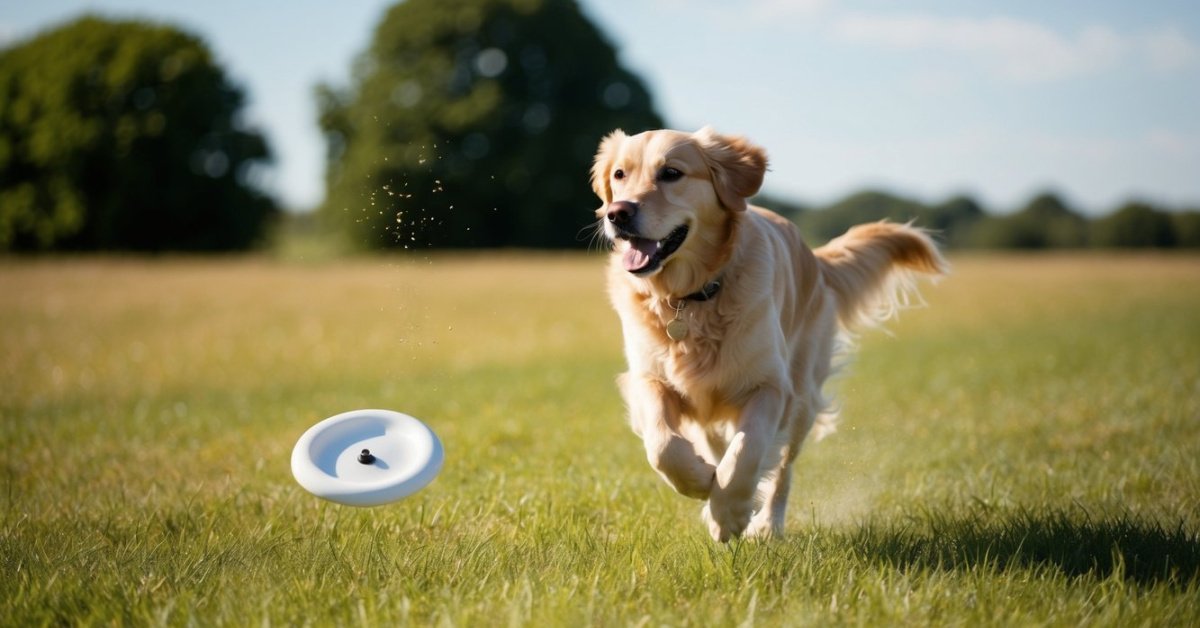Are you a proud owner of a golden retriever puppy? Congratulations! These adorable and playful furballs can bring so much joy and love into your life. However, like any other puppy, golden retrievers require proper care and training to ensure they grow into well-behaved and happy dogs. In this article, we will explore some essential tips and techniques to help you deal with your golden retriever puppy and create a strong bond that will last a lifetime.
Welcoming a golden retriever puppy into your home is an exciting time, but it can also be a little overwhelming. From potty training to socialization, there are a few key things you need to know to make the transition as smooth as possible. In this article, we’ll provide you with practical advice and guidance on how to deal with your golden retriever puppy’s basic needs, such as feeding, grooming, and exercise. By following these tips, you’ll be well on your way to raising a happy and healthy golden retriever.
Golden retriever puppies are known for their friendly and outgoing nature, but they can also be quite mischievous. If you want to avoid your puppy turning your house into a chew toy or digging up your garden, it’s important to establish boundaries and teach them proper behavior from an early age. In this article, we will share effective training techniques and strategies to help you deal with common behavioral issues, such as biting, jumping, and excessive barking. With patience, consistency, and positive reinforcement, you’ll be able to shape your golden retriever puppy into a well-mannered and obedient companion.
Understanding the Needs of Golden Retriever Puppies
Congratulations on getting a golden retriever puppy or considering getting one! These adorable bundles of fur are known for their friendly nature and intelligence. As a dog lover who owns a golden retriever and a Goldendoodle, and with my experience working in animal shelters and veterinary offices, I have valuable insights to share with you.
Here are some important aspects to consider when understanding the needs of your golden retriever puppy:
1. Socialization: Golden retriever puppies thrive on social interaction. Expose them to various sights, sounds, people, and other animals from an early age. This helps them develop into well-adjusted and confident adult dogs. Remember, positive experiences during socialization are crucial.
2. Exercise: Golden retrievers are energetic dogs that need plenty of exercise. Regular playtime, walks, and mentally stimulating activities will keep them happy and healthy. Aim for at least one hour of exercise per day to prevent behavioral issues that can arise from pent-up energy.
3. Training: Start training your golden retriever puppy as soon as you bring them home. Use positive reinforcement techniques like treats, praise, and consistency to teach them basic commands such as sit, stay, and come. Remember to be patient and consistent in your training approach.
4. Mental Stimulation: Golden retrievers are intelligent dogs that thrive on mental stimulation. Provide puzzle toys, interactive games, and training sessions to keep their minds engaged. This helps prevent boredom and destructive behavior.
5. Grooming: Golden retrievers have a beautiful, dense coat that requires regular grooming. Brush them at least a few times a week to prevent matting and keep their fur looking its best. Regular bathing, nail trimming, and ear cleaning are also essential parts of their grooming routine.
6. Health Care: Golden retrievers are prone to certain health issues, such as hip dysplasia, allergies, and cancer. Regular veterinary check-ups, vaccinations, and preventive care are important to keep them healthy. Invest in a good quality pet insurance to cover any unexpected expenses.
By understanding and meeting the needs of your golden retriever puppy, you are laying the foundation for a happy and well-behaved adult dog. Remember, the key is to shower them with love, patience, and positive reinforcement as you embark on this journey together! Keep reading to learn more about the specific needs of your golden retrie
Training Tips for Golden Retriever Puppies
Training your golden retriever puppy is an important aspect of their development and well-being. Here are some tips and techniques that can help you in the training process:
Start early: Begin training your golden retriever puppy as soon as you bring them home. Puppies have a critical socialization period between 3 and 14 weeks of age, during which they are more receptive to learning and forming positive associations. Take advantage of this time by introducing your puppy to various people, animals, sounds, and environments. This will help them become confident and well-adjusted adults.

« 5 Little-Known Secrets to Slimming Down Your Golden Retriever – Vet-Approved Tips Revealed
Unveiling the Shocking Truth: The Worst Age for Golden Retrievers Revealed »
Use positive reinforcement: Golden retrievers respond well to positive reinforcement techniques. Reward your puppy with treats, praise, and affection when they display good behavior. This will motivate them to repeat those behaviors in the future. Avoid punishing or using harsh methods, as this can damage the trust and bond between you and your puppy.
Be consistent: Consistency is key in training your golden retriever puppy. Establish clear rules and expectations from the beginning and stick to them. Use consistent commands and hand signals for basic obedience cues like sit, stay, and come. Consistency will help your puppy understand what is expected of them and make the training process more effective.
Keep training sessions short and engaging: Golden retriever puppies have short attention spans, so it’s important to keep training sessions short and engaging. Aim for several short sessions throughout the day rather than one long session. Make the training fun and interactive by using toys, treats, and games. This will keep your puppy excited and eager to learn.
Provide mental stimulation: Golden retrievers are intelligent dogs that require mental stimulation to prevent boredom and destructive behavior. Incorporate activities that challenge their minds, such as puzzle toys, scent games, and obedience exercises. This will keep their minds sharp and prevent them from getting into trouble.
Seek professional help if needed: If you’re having difficulty with training your golden retriever puppy, don’t hesitate to seek professional help. A certified dog trainer or behaviorist can provide guidance and support tailored to your puppy’s needs. They can help you address specific issues and develop a training plan that works for you and your furry friend.
Remember, training your golden retriever puppy requires patience, consistency, and positive reinforcement. By investing time and effort into their training, you are setting the foundation for a happy and well-behaved adult dog. So, enjoy the journey and have fun with
Socializing Golden Retriever Puppies
When it comes to golden retriever puppies, socialization is key. As a dog lover and owner of both a golden retriever and a Goldendoodle, I know firsthand the importance of getting your puppy comfortable with the world around them. With my experience working at animal shelters and veterinary offices, I’ve learned a few tips and tricks to help you successfully socialize your golden retriever puppy.
Introduce Early: Start socializing your golden retriever puppy as early as possible. The critical period for socialization is between 3 to 14 weeks, so make the most of this time. Expose your puppy to a variety of people, animals, and environments. Take them for walks in the park, visit friends and family, and schedule playdates with other friendly dogs.
Positive Reinforcement: Use positive reinforcement to reward your puppy for good behavior during socialization. Praise them, offer treats, and use a happy and encouraging tone of voice. This will help them associate new experiences with positivity and make them more confident in unfamiliar situations.
Gradual Exposure: It’s important to expose your golden retriever puppy to new experiences gradually. Start with low-stress environments and slowly increase the level of complexity. For example, begin by introducing them to calm, well-behaved dogs and gradually introduce more energetic or larger dogs.

Enroll in Training Classes: Consider enrolling your golden retriever puppy in puppy training classes. Not only will this provide valuable obedience training, but it will also give them the opportunity to interact with other puppies in a controlled environment. This can greatly enhance their socialization skills.
Supervise Interactions: During socialization, always supervise your puppy’s interactions with other dogs and people. This ensures their safety and allows you to intervene if any negative situations arise. Remember, creating positive experiences is crucial for their development.
Stay Positive and Patient: Lastly, be patient and stay positive throughout the socialization process. Some puppies may take longer to adjust to new situations, and that’s okay. Every pup is different, and they all learn at their own pace. Celebrate even the smallest victories and continue to support your golden retriever puppy throughout their socialization journey.
Remember, socializing your golden retriever puppy is an ongoing process. The more people, animals, and environments they are exposed to, the more
Health and Nutrition for Golden Retriever Puppies
As a loving dog owner, you want to provide the best care for your golden retriever puppy. Ensuring their health and nutrition is essential for their overall well-being. Here are some tips to help you navigate through this important aspect of puppy care:

1. Feeding a Balanced Diet: It’s crucial to provide your golden retriever puppy with a balanced and nutritious diet. Look for high-quality puppy food that is specifically formulated to meet their nutritional needs. Consult with your veterinarian to determine the right feeding schedule and portion size based on your puppy’s age, weight, and activity level.
2. Monitor Growth: Golden retriever puppies are prone to rapid growth, which can put stress on their developing bones and joints. To prevent issues such as hip dysplasia or arthritis, avoid overfeeding your puppy or giving them too many treats. Follow the recommended growth chart provided by your veterinarian to ensure your puppy is growing at a healthy rate.
3. Regular Veterinary Check-ups: Regular visits to the veterinarian are crucial for the health of your golden retriever puppy. They will receive vaccinations, be checked for any potential health issues, and be dewormed. Your veterinarian can also provide guidance on parasite prevention and general health care for your puppy.
4. Grooming and Dental Care: Brushing your golden retriever puppy’s coat regularly helps maintain its shine and keeps the skin healthy. Additionally, don’t forget about their dental care. Brushing their teeth regularly and providing dental chews can help prevent dental problems in the future.
5. Exercise and Mental Stimulation: Regular exercise is not only important for your golden retriever puppy’s physical health but also for their mental well-being. Engage in fun activities such as playing fetch or going for walks to keep them active and stimulated. Mental stimulation, such as puzzle toys or training sessions, can tire out their busy minds.

Remember, establishing good health and nutrition habits early on will benefit your golden retriever puppy throughout their life. Stay proactive in their care, and if you have any concerns about their health, consult with your veterinarian. By providing a well-balanced diet, regular vet check-ups, grooming, exercise, and mental stimulation, you’ll set a strong foundation for a happy and healthy golden retriever or Goldendoodle companion.
Conclusion: Enjoying Life with your Golden Retriever Puppy
By following the tips and techniques provided in this article, you can ensure that your golden retriever puppy grows into a well-behaved and happy dog. Remember the importance of proper care and training, as well as the need for positive reinforcement and patience. Start training early, keep sessions short and engaging, and provide mental stimulation to keep your puppy’s mind sharp. Socialize your puppy by introducing them to new experiences, using positive reinforcement, and enrolling them in training classes. And don’t forget about their health and nutrition – feed them a balanced diet, monitor their growth, and provide regular veterinary check-ups. With the right care and attention, you can lay the foundation for a lifetime of happiness with your golden retriever puppy. Enjoy the journey of watching them grow and develop into a beloved member of your family.

















